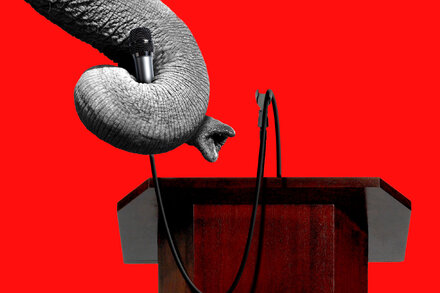The landscape of employment law and personal expression continues to evolve in the digital age, with a growing number of cases highlighting the precarious line between an individual’s private life and their professional standing. A recurring flashpoint involves employees facing termination due to comments made on their personal social media accounts, even those designated as “private.”
The scenario typically unfolds when an employee posts a comment, thought to be within the confines of a personal network, which subsequently comes to the attention of their employer. The content of such comments can range from political opinions to critiques of social issues or even everyday grievances. Regardless of the intent behind the post, its discovery can sometimes lead to swift and decisive action from employers, including dismissal.
Free Speech vs. Employer Rights
Central to these disputes is the often-misunderstood concept of free speech. In the United States, the First Amendment primarily protects individuals from government censorship, not from the policies of private employers. Most private sector employees are considered “at-will,” meaning they can be terminated for any reason that is not illegal (e.g., discrimination based on protected characteristics) or in violation of an employment contract. This doctrine grants employers significant latitude in setting and enforcing conduct standards, both inside and outside the workplace, especially when an employee’s actions are perceived to impact the company’s reputation, client relationships, or internal morale.
Employers often argue that an employee’s off-duty conduct, particularly on public-facing platforms, can reflect negatively on the organization. They may cite concerns about maintaining a professional image, fostering an inclusive work environment, or protecting their brand. Company social media policies, which are increasingly common, often outline expected conduct and prohibit posts that could be considered harassing, discriminatory, or detrimental to the business.
The Illusion of Privacy Online
The term “private Facebook account” itself often carries an expectation of privacy that frequently does not hold up in practice. While users may set strict privacy settings, content can easily be shared, screenshotted, and disseminated beyond the intended audience. A “private” post can quickly become public, especially if a connection shares the content or if it gains viral traction. Once a comment reaches the employer, the distinction between “private” and “public” often becomes moot in the context of employment decisions.
While some states offer limited protections for employees engaged in lawful off-duty conduct, these laws typically have exceptions for speech that harms an employer’s business interests or violates specific company policies. The legal landscape remains complex and varies, leaving many employees in a vulnerable position regarding their digital presence.
Navigating the Digital Divide
These incidents underscore the ongoing tension between an individual’s right to personal expression and an employer’s right to manage their workforce and protect their business. As social media continues to intertwine personal and professional spheres, both employees and employers are urged to exercise caution and clarity. Employees are increasingly advised to assume that anything posted online could potentially be seen by their employer, regardless of privacy settings. Employers, in turn, are encouraged to develop clear, legally sound social media policies and apply them consistently, while also considering the broader implications of policing off-duty speech.
The debate surrounding free speech in the workplace, especially concerning social media, continues to be a prominent discussion in contemporary society, prompting questions about the boundaries of corporate control over employees’ personal lives and expressions.
Source: Read the original article here.





